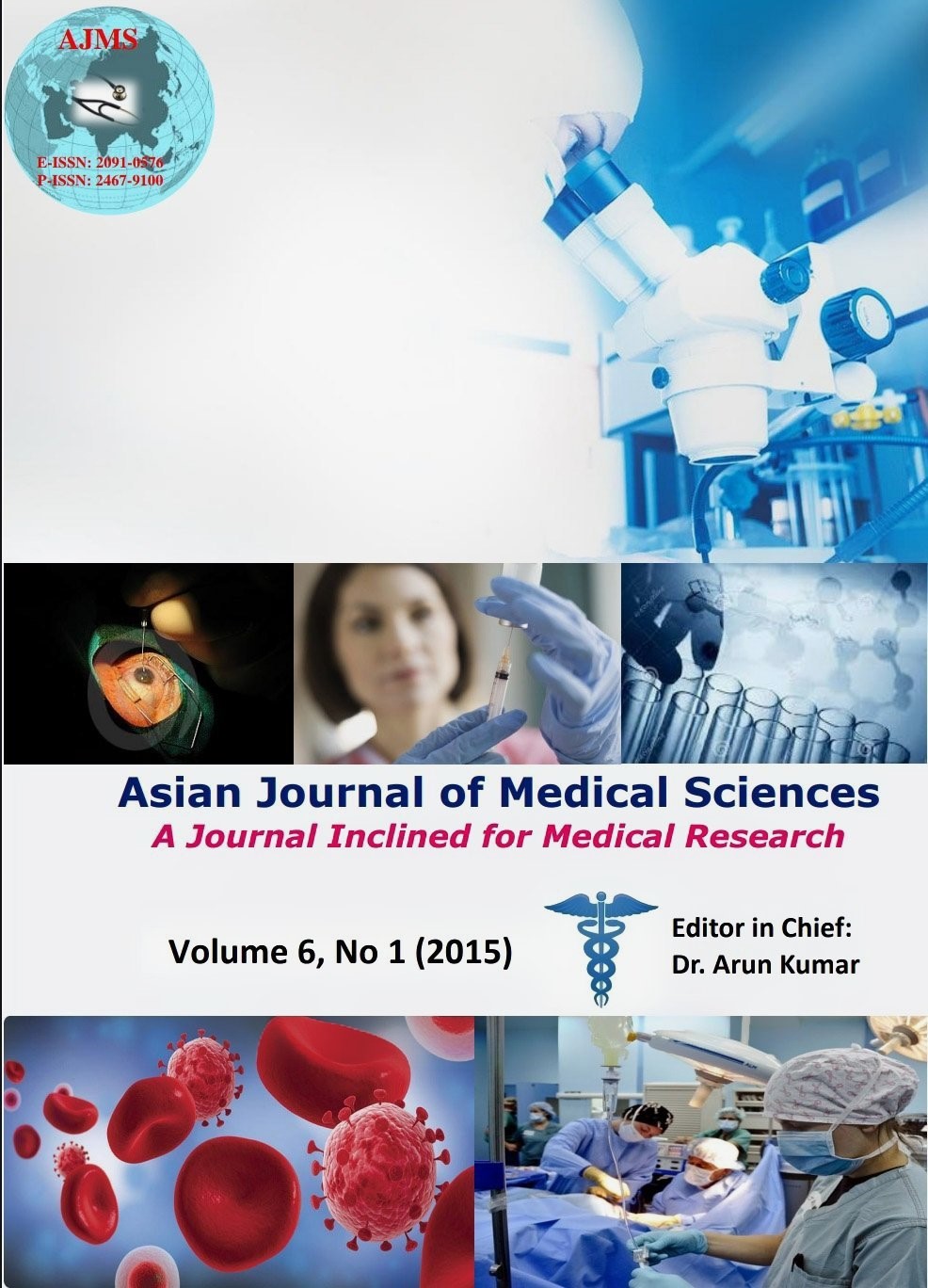Is either arterial or venous antithrombin III level linked to outcome in elderly males versus females with severe sepsis?
Keywords:
Severe sepsis, Gender, Antithrombin III, Outcome, SOFA, Elderly, EgyptAbstract
Objectives: We aimed to study arterial and venous ATIII levels, in elderly males and females with severe sepsis, and their impact upon the patients’ outcomes.
Patients and Methods: A cohort study was performed in thirty-nine elderly patients with severe sepsis. Arterial and venous ATIII levels were measured. Sequential Organ Failure Assessment (SOFA) score was calculated.
Results: Both arterial and venous ATIII levels were negatively correlated with age in the whole sample (P=0.004 and .05 consecutively) (r = −0.45 and −0.32 consecutively). There was a significant difference between the arterial and venous ATIII levels in males (P=0.04). In males, SOFA score was positively correlated with arterial ATIII and the difference between arterial and venous ATIII levels (P=0.04 and .05 consecutively). Arterial and venous ATIII were the significant predictors of SOFA score, only in males (P <0.001 and 0.003 consecutively).
Conclusion: ATIII level decreased with increasing age. In males, both higher arterial and lower venous ATIII levels were significant predictors of worse organ dysfunction.
DOI: http://dx.doi.org/10.3126/ajms.v6i1.10795
Asian Journal of Medical Sciences Vol.6(1) 2015 34-39
Downloads
Downloads
Published
How to Cite
Issue
Section
License
Authors who publish with this journal agree to the following terms:
- The journal holds copyright and publishes the work under a Creative Commons CC-BY-NC license that permits use, distribution and reprduction in any medium, provided the original work is properly cited and is not used for commercial purposes. The journal should be recognised as the original publisher of this work.
- Authors are able to enter into separate, additional contractual arrangements for the non-exclusive distribution of the journal's published version of the work (e.g., post it to an institutional repository or publish it in a book), with an acknowledgement of its initial publication in this journal.
- Authors are permitted and encouraged to post their work online (e.g., in institutional repositories or on their website) prior to and during the submission process, as it can lead to productive exchanges, as well as earlier and greater citation of published work (See The Effect of Open Access).




